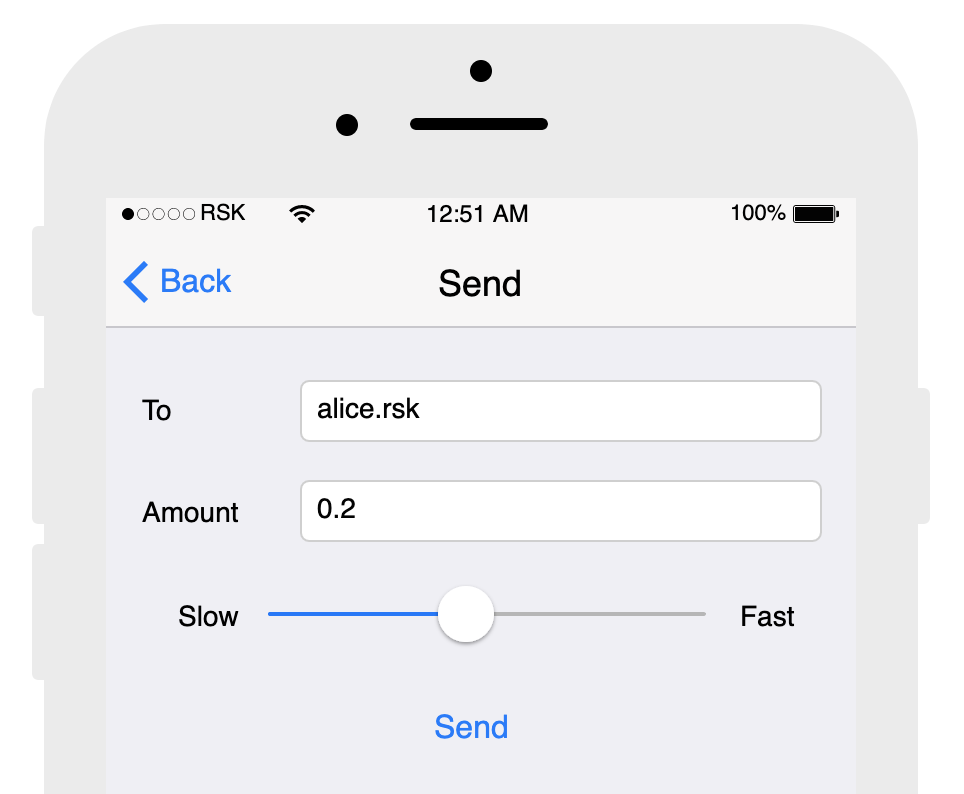RNS Integration guidelines
RIF Name Service (RNS) is a decentralized service that allows users to have a readable domain in any blockchain. It can be used to identify other personal resources, such as payment, ID, storage or communication addresses.
In other words, RIF Name Service (RNS) is the phonebook of the blockchain. Humans access information online through domain names, like alice.rsk or bob.rsk. Wallets interact through the blockchain protocol using addresses. RNS translates domain names to addresses so users can send funds and interact with dapps and people using this domain names.
In order to accomplish that, you should integrate this service to your dApp or wallet. Add the RNS Javascript package to your project to make this process easy.
Just to provide a simple example, let's try to send funds from one wallet to another. So, instead of asking the user to write an unfriendly blockchain address, let's allow him/her to enter just a domain.

RNS will be in charge of translating that domain to an actual blockchain address.
const transferToDomain = async (domain) => {
const address = await rns.addr(domain);
return transferTo(address);
}We are pretty sure that the provided example is not enough for all your needs, so let's go deeper into integration.
Quick start
This guide explains how to integrate with RNS within your JavaScript app.
Basic setup
Install Web3.js and @rsksmart/rns
npm i web3 @rsksmart/rnsThis was tested with Node v10.15.1 - npm v6.13.6 - yarn v1.17.3.
This should work in most of Node environemnts. In case something goes wrong try activating v10.15.1 with nvm
RNS JavaScript library related links:
- Read the docs
- Collaborate in Github
- Contact us via the Rootstock community discord